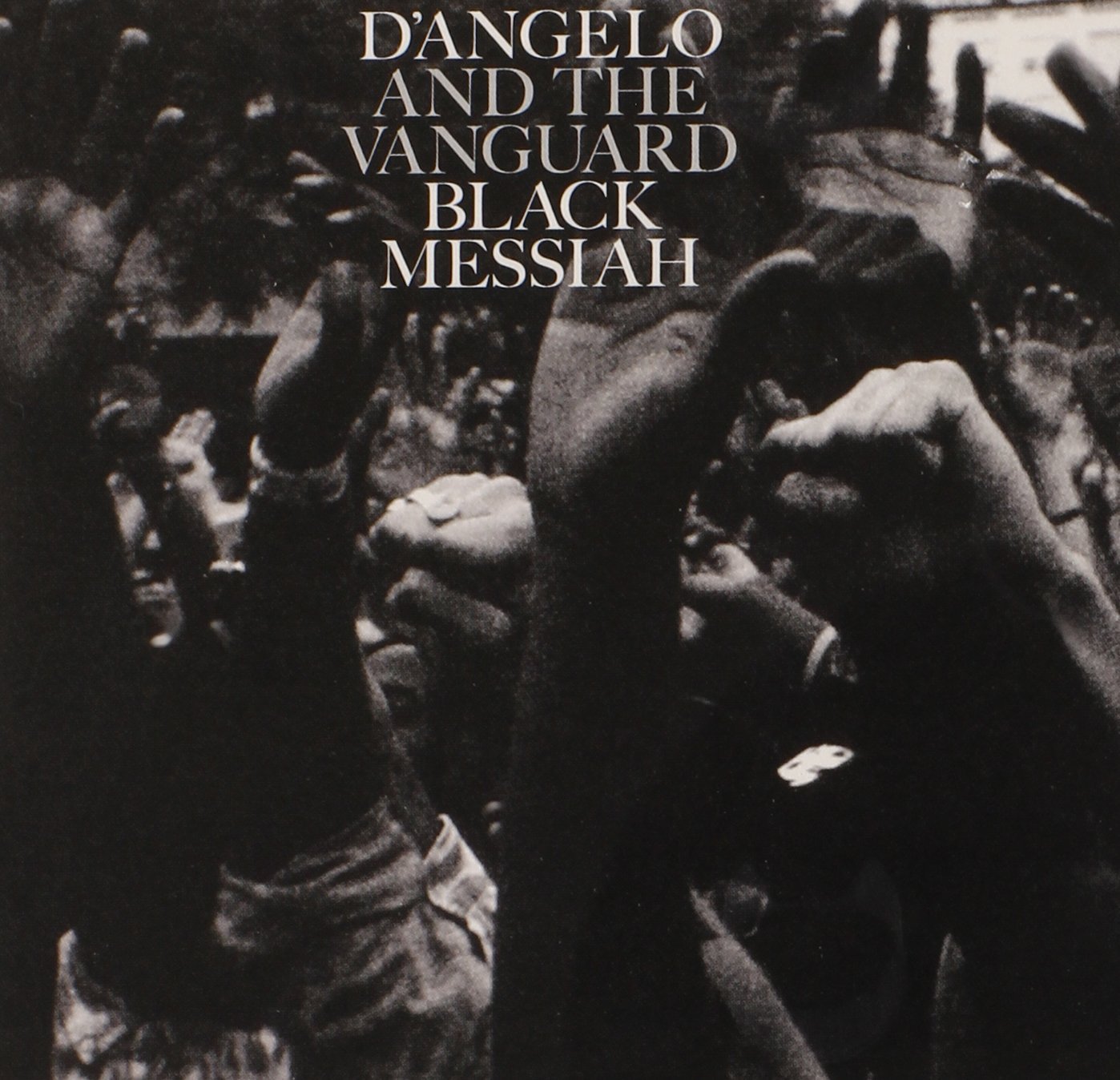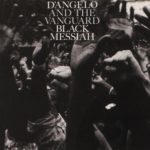
RCA
In a year loaded with surprise album releases, it was the all-of-a-suddenness of D’Angelo’s decade-and-a-half-long follow-up to his 2000 soul masterpiece Voodoo that really took the cake in terms of the way it left his fans who’ve been waiting since Bill Clinton was last in office for this record to surface.
Unlike U2, Aphex Twin and Pink Floyd, D didn’t really need to roll out Black Messiah in the form of a corporate tie-in campaign, abstract promo techniques or a tweet from wifey. First came a 15 second YouTube clip orchestrated by the singer’s manager raising awareness of its existence. The release of the LP’s first single “Sugah Daddy” came two days later via Red Bull’s 20before15 website. The following Tuesday it hit store shelves like a ninja. The plan was to catch everybody off guard in early 2015, but according to D’Angelo, the controversial decisions regarding Ferguson and the Eric Garner choking death prompted him to drop the album a week before Christmas. In fact, there’s a line on the third track of the LP, “The Charade”, that perfectly sums up the decision to bump it up: “All we wanted was a chance to talk/ ‘Stead we’ve only got outlined in chalk.”
And when you hear the rest of this amazing, amazing collection of songs, partially recorded at Electric Lady Studios in New York City with a close-knit crew of longtime D associates, you will clearly understand the sense of urgency to uncork what these cats have been cooking in its hotly anticipated totality. And for all of the landmark recordings this record has been compared to by critics since its release— There’s A Riot Goin’ On, What’s Going On, Sign O’ The Times, The Reality of My Surroundings —these dozen cuts serve up elements of each one in a casserole of undeniable cool.
Much like the 1972 David Axelrod-produced Cannonball Adderley masterpiece with which it shares a name, Black Messiah pushes the boundaries of jazz, rock and soul in ways that only D’Angelo has accomplished in his sparse 20 years on record. That wobbly hybrid of stoned Sly funk, Dilla-fied hip-hop and proto-LaFace R&B has become more refined but no less potent in the hands of one of pop music’s best rhythm sections in Roots drummer ?uestlove and the only bassist humanly capable of filling the shoes of John Entwistle in The Who, the great Pino Palladino, evidenced on the album’s first side on tracks like the woozy opening track “Ain’t That Easy” and the big band boom of lead single “Sugah Daddy”, augmented by the mighty horn of trumpet master Roy Hargrove.
On the flipside, its the elegant touches of acoustic guitar and grand piano amidst all the head swaying fire and brimstone that really lets these 55-odd minutes unspool, particular once you read the epic closing number “Another Life”, a quintessential throwback love jam for the eHarmony era.
In the time that has elapsed between D’Angelo LPs, African-Americans have been subjected to some of the worst instances of ignorance, racism and injustice the likes of which we haven’t seen since the days of Jim Crow. You would think there would have been some kind of massive compound of meaningful reactions to these atrocities levied by the vast population of black artists who’ve been dominating the airwaves during this calendar lapse.
Turns out everyone’s just been waiting for the Messiah to arrive to speak the gospel.



No Comments comments associated with this post